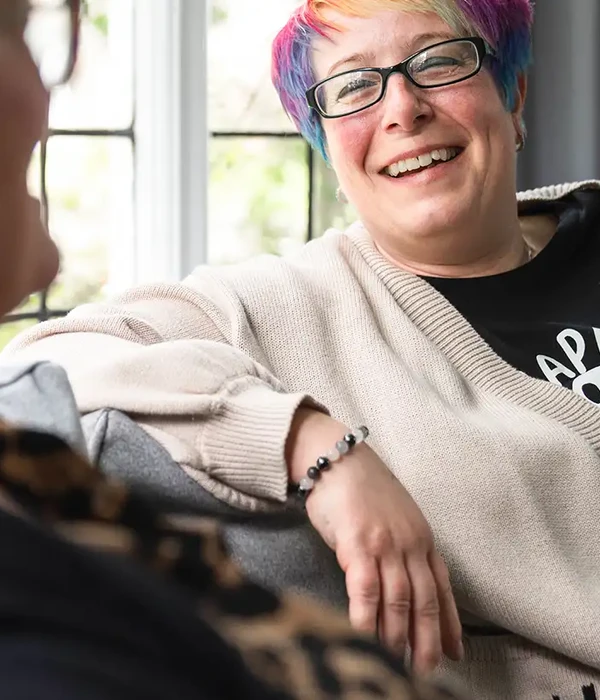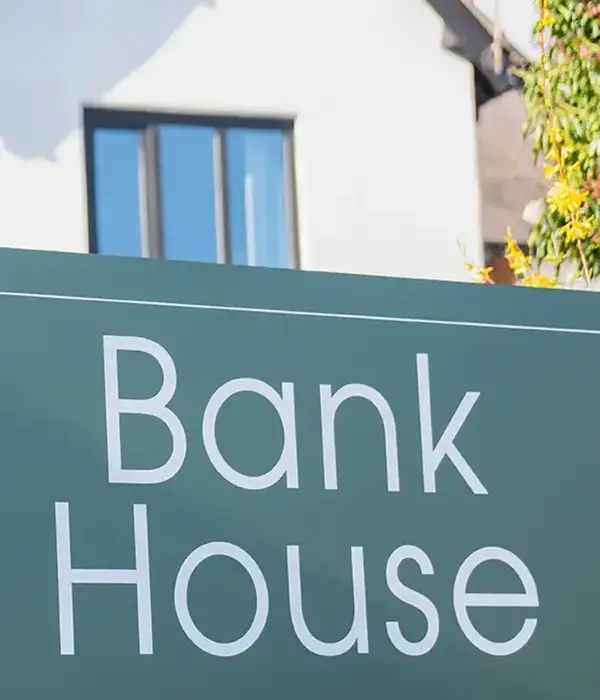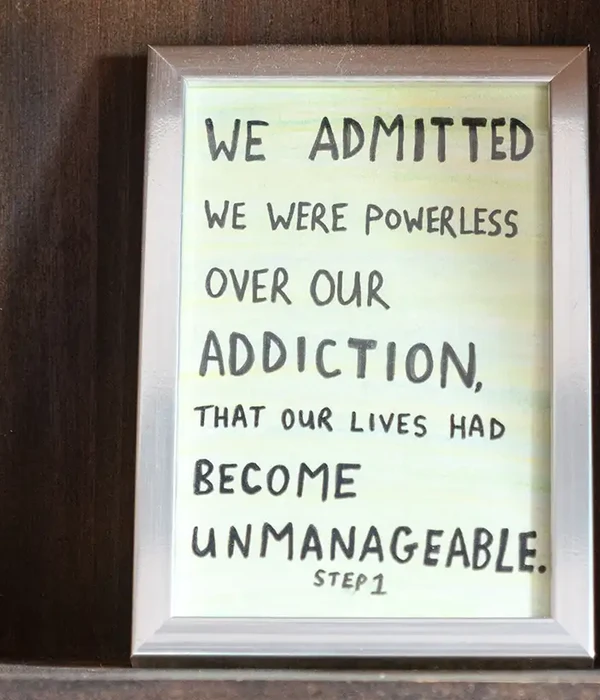Social Media Addiction Treatment
Social media is an integral part of everyday life, but excessive online time can start to impact your mood, focus, and overall well-being. There are proven social media addiction treatments that can help you regain control over your social media use.
By understanding what causes these habits and choosing the right approach, you can take steps towards a healthier relationship with social media. If you’re ready to make a change, treatment for social media addiction can support you every step of the way.

Take the First Step Towards Recovery
Steps Together offers personalised support and proven treatments, providing the care, guidance and encouragement you need to move forward with confidence and build a healthier future.

Understanding Social Media Addiction
Social media addiction is a behavioural disorder that often leads to an uncontrollable urge to use social media, causing various challenges in your life. An addiction to social media can affect your mental health, relationships, and daily functioning. While it can affect anyone, young social media users are particularly vulnerable.
You may feel a constant urge to check apps, even when it isn’t necessary. It is common to depend on instant gratification, such as likes or comments, which fuels ongoing use. Psychological dependence can occur, making it challenging for you to limit time online.
Signs and Symptoms of Being Addicted to Social Media
The main signs of social media addiction include intense cravings to use social media, difficulty stopping or controlling use, and feelings of anxiety or irritability when you cannot access these platforms.
You may overlook important responsibilities, neglect genuine relationships, or lose interest in activities you once enjoyed. You may also spend large amounts of time scrolling, posting, and interacting online or lie about the extent of your social media use.


Causes and Risk Factors
Excessive social media use is encouraged by features designed to boost user engagement, such as notifications and endless scrolling. Instant gratification from likes or comments also plays a major role.
Psychological factors, such as low self-esteem, loneliness, or anxiety, can increase your risk as you may turn to online platforms for validation. Genetic or family vulnerabilities and other mental health conditions can make you more vulnerable.
Social Media Addiction Treatment Options
Treatment for social media addiction uses proven therapies and behaviour-based strategies to address why you overuse social media and helps you regain control over your time and habits. Social media addiction treatment can come in different forms and settings, depending on your needs and lifestyle. Some of the approaches used in rehab may include:
Behavioural Therapies
Behavioural therapies focus on changing the thoughts and actions that keep you hooked on social media platforms. Cognitive behavioural therapy (CBT) is widely used. It pinpoints unhealthy thinking patterns and teaches you to replace them with healthier ones.
Dialectical behaviour therapy (DBT) is another treatment approach, helping you manage strong emotions, reduce impulsivity, and respond to online triggers more calmly. Motivational interviewing is also popular.
Group Therapy
Group therapy connects you with others who are also seeking recovery from social media addiction. You can share your experiences and hear how others have coped with withdrawal symptoms, struggles, and setbacks.
Group sessions often use structured activities, like discussing common triggers or practising ways to resist the temptation to overuse social media. Sometimes, family therapy is included so that your loved ones can understand your challenges and learn how to support you.
Individual Therapy
Individual therapy sessions allow you to talk with a counsellor about your relationship with social media. Your counsellor can help you identify triggers that lead to excessive time spent on social media apps. You will work together to find healthier ways to spend your time.
If you have trouble sleeping, feel isolated, or notice your mood changes when you’re off your favourite apps, a tailored therapy plan can help. For many, individual sessions also address underlying issues like anxiety or low self-esteem.
Services that our multi-speciality addiction rehabilitation centres offer
Love and Relationship Addiction Treatment
Love and Relationship Addiction Treatment

Social Media-Blocking Apps and Digital Boundaries
One practical way to manage social media addiction is by using apps that block or limit access. These tools go beyond simple reminders by preventing you from opening platforms during set times. Removing the option to scroll creates space to focus on work, rest, or offline activities.
Most blocking apps let you customise your limits. You can schedule hours when social media is off-limits, like during work or before bed. Some even include daily caps that lock you out once you’ve reached your limit, helping you stick to healthier routines.
A few apps add a motivational twist by turning restraint into a reward system. You might earn points for staying offline or see your progress displayed visually, which makes self-control feel more engaging and less like restriction.
For those who struggle with impulse control, blockers provide a safety net. They reduce temptation and build accountability, making it easier to break old habits. With regular use, these tools can help you develop a more balanced relationship with social media.

Understanding the Addiction Cycle
Social media companies design their apps with features that increase dopamine release. Notifications, auto-play videos, and personalised feeds are all used to keep you scrolling through social media apps for longer. This can make quitting more challenging.
With frequent use of social media platforms, you can develop tolerance. This means you need to spend more time on social media to get the same feeling of satisfaction as before. Messages, likes, or comments that once made you happy may start to feel less exciting.
If you try to cut back or stop using social media, you may notice withdrawal symptoms. These can include feeling anxious, restless, or irritable when you are unable to check your accounts. Some people may feel low without their usual digital routine.
Impact on Mental Health and Daily Life
Behavioural addictions like social media addiction can bring serious changes to how you feel and act. It can impact your mind, relationships, and even your academic performance and health. Some of the ways that social media addiction can affect you include;
Mental Health Conditions and Co-occurring Disorders
Frequent social media use is strongly linked to anxiety, depression , and stress. You might notice more feelings of sadness or worry as you scroll, especially when comparing your life to others. It is common for people with ADHD, mood disorders, and other mental health conditions to spend more time online.
Cyberbullying and FOMO (fear of missing out) also play a big part in increasing negative feelings. Many teens and young people report feeling anxious if they don’t check their social media often. Over time, this can lead to problems, such as sleep loss and social isolation.
Performance and Physical Well-Being
Social media addiction does not just affect your mind; it can also impact your daily routine. Spending hours on your phone or computer can negatively impact your performance. You may struggle to focus on school, work, or being able to focus on anything other than social media.
You may also lose sleep from late-night scrolling. This impacts your grades, productivity and your mood. Time spent glued to screens often means less physical activity. You may skip sports, hobbies, or going outdoors, which can lead to poorer physical health and lower overall well-being.
Effects on Self-Esteem and Social Interaction
Social media often makes people think they need to look or act a certain way. Constantly seeing highlight reels and edited photos can lower your self-esteem. Many people start to seek validation from likes and comments, rather than from healthy friendships.
If you feel judged or left out online, it can hurt how you see yourself—feeling ‘less than’ can lead to withdrawal, avoidance of new situations, or increased sensitivity to criticism. Some people even develop eating disorders or body image issues from constant comparison.

There are Treatment Options for Social Media Addiction
Managing unhealthy habits on social networks often involves changing your day-to-day behaviour, setting boundaries, and seeking trusted support. Professional rehab treatment can help with controlling compulsive social media use.
Knowing the signs of problematic use and getting professional social media addiction treatment options can help you regain control and well-being. At Steps Together, we’re here for you, so don’t hesitate to seek help.
Frequently Asked Questions
What approaches are effective in managing the compulsive use of social platforms?
Cognitive behavioural therapy is widely used to help individuals change thought patterns associated with excessive social media use. You may benefit from group counselling sessions, which offer support and shared experiences.
What are the initial steps to take in addressing excessive online social engagement?
The first step is often acknowledging the problem and tracking the amount of time you spend on these platforms. Removing certain apps, turning off notifications, or scheduling specific offline hours can help you regain control.
How does one recognise the signs of problematic social media use?
Some common signs include feeling anxious or stressed when you cannot access your accounts, ignoring important responsibilities, and relying on social networks for self-esteem.
Can professional therapy aid in overcoming an addiction to social networks?
Yes, professional therapy can be very effective. Therapists can help you understand the reasons behind your habits and develop healthier strategies. CBT is especially helpful for managing triggers and developing alternative coping strategies.
Is there a specific support group for individuals struggling with the overuse of social channels?
Yes, support groups exist for people dealing with social media overuse. These groups can meet either in person or online, providing a safe space for participants to discuss challenges and share coping strategies.
What role do family and friends play in supporting someone recovering from social media dependency?
Family and friends can offer emotional encouragement and help set realistic boundaries for social media use. They might suggest joint offline activities or remind you of your goals.





